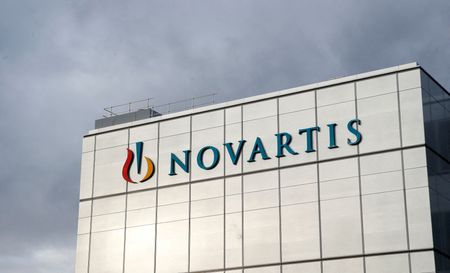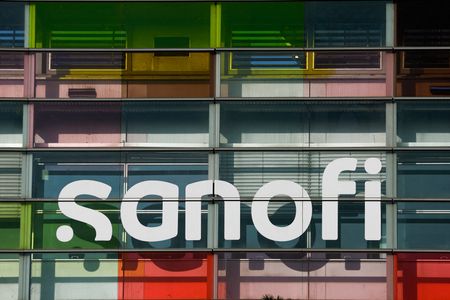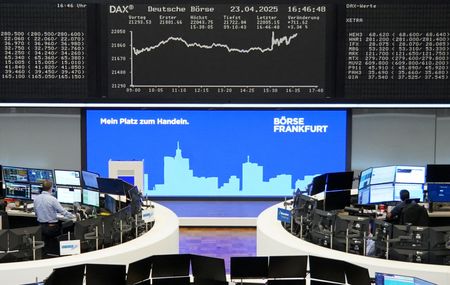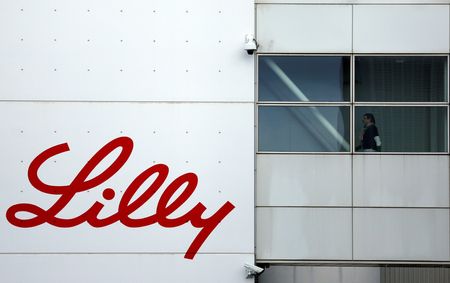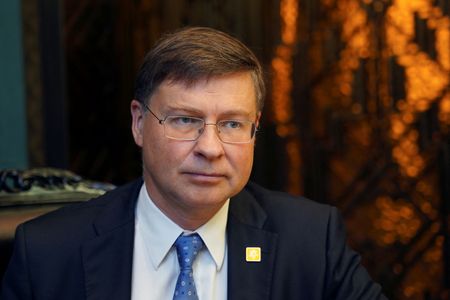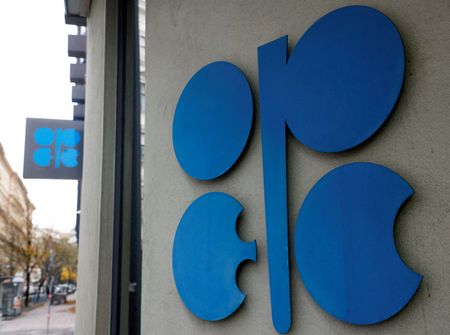By Maggie Fick
(Reuters) -European drugmakers are urging the EU to allow higher medicine prices, warning that without stronger investment incentives, the bloc would fall further behind the U.S., where tariff threats have triggered a wave of pharma investment announcements.
AstraZeneca Chief Executive Officer Pascal Soriot said that just like Europe has stepped up its defense spending, it now must do the same and invest more to protect its health sovereignty amid a shifting world order.
“Europe spends a substantially lower share of GDP on innovative medicines than the U.S. and, as a result, is falling behind in attracting R&D and manufacturing investments, putting its ability to protect the health of its own people at risk,” Soriot said in a statement.
Soriot’s comments came after the CEOs of Swiss pharma giant Novartis and French drugmaker Sanofi wrote in a letter published in the Financial Times on Wednesday that European price controls on medicines hurt innovation and make the region less attractive, while the U.S. and China were incentivising it.
They proposed a Europe-wide list price for new medicines, pegged “within range of U.S. net prices” and adjusted via rebates, going further than a previous letter they signed with over 30 industry CEOs, including those from AstraZeneca, Bayer, Eli Lilly and Novo Nordisk.
That April 11 letter, addressed to EU President Ursula von der Leyen, urged EU support to the pharma industry amid U.S. tariff threats. It said Europe needed to rethink its pricing policies, but did not detail proposals.
The letter came days after von der Leyen met with pharma CEOs. In the meeting, Sanofi CEO Paul Hudson criticized European governments for underpaying for innovation, according to an industry source briefed on the session.
That source, who requested anonymity because he was not authorized to speak publicly, said matching U.S. list prices in Europe was unrealistic, but aligning with U.S. net prices might be feasible.
List prices are set by drugmakers before discounts. Net prices reflect what governments, insurers or U.S. pharmacy benefit managers actually pay after those discounts.
A European Commission spokesperson said on Wednesday that the EU executive was aware of the strategic importance of the pharma industry and wanted “to make the market more attractive” for these companies.
The U.S. pays more for medicines than any other country, often nearly three times that of other developed nations.
European governments negotiate directly with drugmakers for lower net prices, and final prices are often not disclosed.
Reuters reported on Tuesday that the Trump administration was considering tying U.S. drug prices to those paid by other developed nations, though details remained unclear.
Swiss drugmaker Roche said on Tuesday it would invest $50 billion in the U.S. over five years. Others announcing U.S. investments include Eli Lilly, Johnson & Johnson, and Novartis.
(Reporting by Maggie Fick; Additional reporting by Ariane Luthi and Benoit Van Overstraeten;Editing by Tomasz Janowski and Bernadette Baum)

